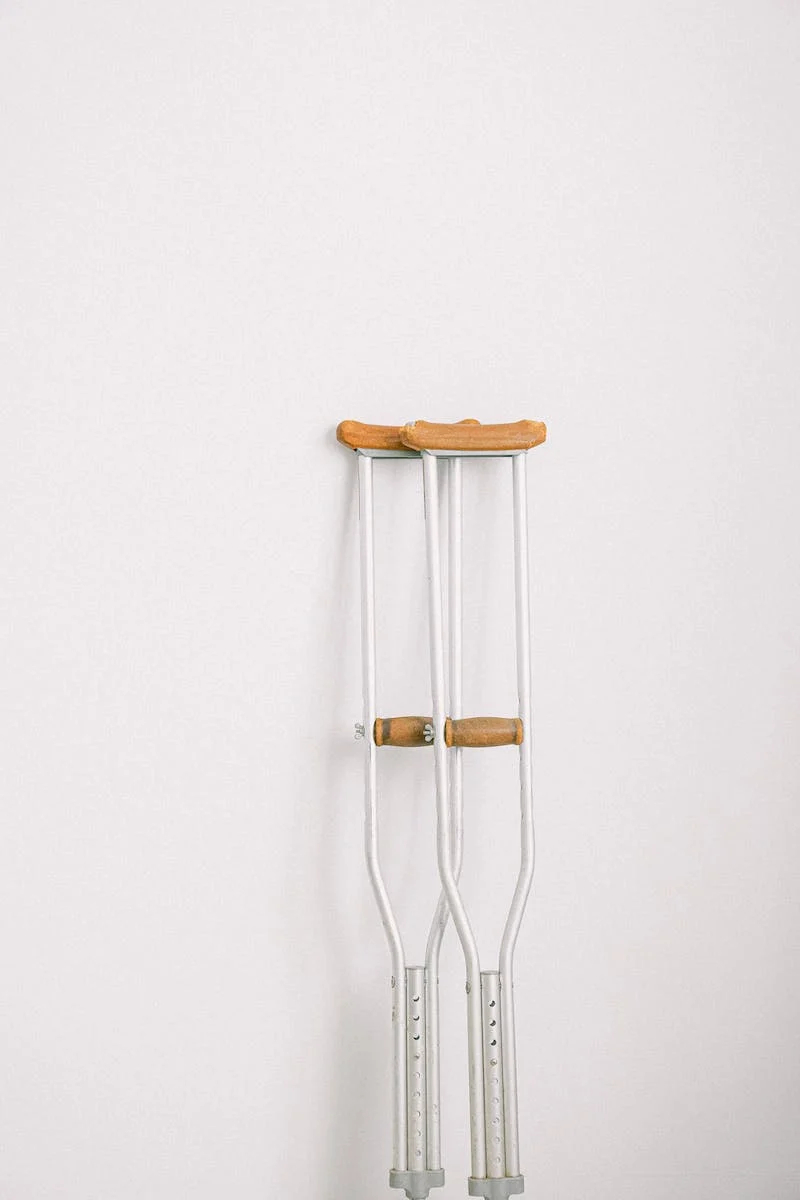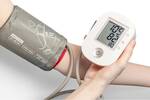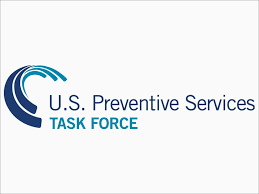Nurses have shown incredible leadership in confronting recent healthcare obstacles—from lost insurance access to once-in-a-generation pandemic disruptions. As policies, technologies, and social factors transform health systems, expert nurses guide communities through uncertainty with care models that enhance well-being.
In this blog post, we will highlight the contribution of nurses in leading innovations in quality, safety, and equitable access.
 The seminal Institute of Medicine's “To Err Is Human” publication sounded alarms in 1999 about the silent epidemic of American medical errors contributing to nearly 98,000 annual deaths. With time, the stakes intensified for systemic improvement. Nurse leadership emerged, accelerating cultural transformations and pioneering processes that saved countless lives.
Take Children’s Hospital Solutions for Patient Safety Network (SPS), for example. Founded by nurse scientist Marlene Miller in 2001, it aims to unite children’s hospitals to develop evidence-based harm reduction tactics and tools.
By adopting the best practices across their network, their hospitals are making significant strides in preventing serious harm. As of November 2023, this nationwide network of child healthcare has spared over 25,000 children from harm, resulting in an estimated cost savings of $500 million.
Similarly, medical experts around the world credit ICU nurses’ relentless systems analysis and testing of solutions during the COVID-19 pandemic for lifting outcomes.
(more…)
The seminal Institute of Medicine's “To Err Is Human” publication sounded alarms in 1999 about the silent epidemic of American medical errors contributing to nearly 98,000 annual deaths. With time, the stakes intensified for systemic improvement. Nurse leadership emerged, accelerating cultural transformations and pioneering processes that saved countless lives.
Take Children’s Hospital Solutions for Patient Safety Network (SPS), for example. Founded by nurse scientist Marlene Miller in 2001, it aims to unite children’s hospitals to develop evidence-based harm reduction tactics and tools.
By adopting the best practices across their network, their hospitals are making significant strides in preventing serious harm. As of November 2023, this nationwide network of child healthcare has spared over 25,000 children from harm, resulting in an estimated cost savings of $500 million.
Similarly, medical experts around the world credit ICU nurses’ relentless systems analysis and testing of solutions during the COVID-19 pandemic for lifting outcomes.
(more…)
Quality Care Revolutionaries
 The seminal Institute of Medicine's “To Err Is Human” publication sounded alarms in 1999 about the silent epidemic of American medical errors contributing to nearly 98,000 annual deaths. With time, the stakes intensified for systemic improvement. Nurse leadership emerged, accelerating cultural transformations and pioneering processes that saved countless lives.
Take Children’s Hospital Solutions for Patient Safety Network (SPS), for example. Founded by nurse scientist Marlene Miller in 2001, it aims to unite children’s hospitals to develop evidence-based harm reduction tactics and tools.
By adopting the best practices across their network, their hospitals are making significant strides in preventing serious harm. As of November 2023, this nationwide network of child healthcare has spared over 25,000 children from harm, resulting in an estimated cost savings of $500 million.
Similarly, medical experts around the world credit ICU nurses’ relentless systems analysis and testing of solutions during the COVID-19 pandemic for lifting outcomes.
(more…)
The seminal Institute of Medicine's “To Err Is Human” publication sounded alarms in 1999 about the silent epidemic of American medical errors contributing to nearly 98,000 annual deaths. With time, the stakes intensified for systemic improvement. Nurse leadership emerged, accelerating cultural transformations and pioneering processes that saved countless lives.
Take Children’s Hospital Solutions for Patient Safety Network (SPS), for example. Founded by nurse scientist Marlene Miller in 2001, it aims to unite children’s hospitals to develop evidence-based harm reduction tactics and tools.
By adopting the best practices across their network, their hospitals are making significant strides in preventing serious harm. As of November 2023, this nationwide network of child healthcare has spared over 25,000 children from harm, resulting in an estimated cost savings of $500 million.
Similarly, medical experts around the world credit ICU nurses’ relentless systems analysis and testing of solutions during the COVID-19 pandemic for lifting outcomes.
(more…)

 According to the AACR Cancer Progress Report, cancer survivors have significantly improved from 50 years ago. It constituted only 1.4 percent of the US population earlier, but they have increased considerably. The number of cancer survivors is estimated to grow to
According to the AACR Cancer Progress Report, cancer survivors have significantly improved from 50 years ago. It constituted only 1.4 percent of the US population earlier, but they have increased considerably. The number of cancer survivors is estimated to grow to 



 The importance of external support systems becomes even more crucial as the number of children with disabilities and other developmental disorders continues to surge. This trend is apparent in academic settings, where there is a rising number of students with disabilities. According to the Pew Research Center, nearly
The importance of external support systems becomes even more crucial as the number of children with disabilities and other developmental disorders continues to surge. This trend is apparent in academic settings, where there is a rising number of students with disabilities. According to the Pew Research Center, nearly 








 It is your lifestyle that determines your blood pressure levels. Your nutritional intake and the level of activity have a significant part as well.
It is your lifestyle that determines your blood pressure levels. Your nutritional intake and the level of activity have a significant part as well. 





 Wilson N. Merrell
Ph.D. Student
Wilson N. Merrell
Ph.D. Student








 Lauren C. Davis, MBS
Department of Medical Education
Geisinger Commonwealth School of Medicine
Scranton, PA 19409
MedicalResearch.com: What is the background for this study?
Response: Financial conflicts of interest (COIs) resulting from ties between academia and industry have been under scrutiny for their potential to hinder the integrity of medical research. COIs can lead to implicit bias, compromise the research process, and erode public trust (1-6). The American Psychiatric Association’s Diagnostic and Statistical Manual of Mental Disorders (DSM), standardizes symptom criteria and codifies psychiatric disorders. This manual contributes to the approval of new drugs, extensions of patent exclusivity, and can influence payers and mental health professionals seeking third-party reimbursements. Given the implications of the DSM on public health, it is paramount that it is free of industry influence. Previous research has shown a high prevalence of industry ties among panel and task force members of the DSM-IV-TR and DSM-5, despite the implementation of a disclosure policy for the DSM-5 (7,8). This study (9) determined the extent and type of COIs received by panel and task-force members of the DSM-5-TR (2022) (10). As the DSM-5-TR did not disclose COI, we used the Center for Medicare and Medicaid Services Open Payments (OP) database (11) to quantify them.
Lauren C. Davis, MBS
Department of Medical Education
Geisinger Commonwealth School of Medicine
Scranton, PA 19409
MedicalResearch.com: What is the background for this study?
Response: Financial conflicts of interest (COIs) resulting from ties between academia and industry have been under scrutiny for their potential to hinder the integrity of medical research. COIs can lead to implicit bias, compromise the research process, and erode public trust (1-6). The American Psychiatric Association’s Diagnostic and Statistical Manual of Mental Disorders (DSM), standardizes symptom criteria and codifies psychiatric disorders. This manual contributes to the approval of new drugs, extensions of patent exclusivity, and can influence payers and mental health professionals seeking third-party reimbursements. Given the implications of the DSM on public health, it is paramount that it is free of industry influence. Previous research has shown a high prevalence of industry ties among panel and task force members of the DSM-IV-TR and DSM-5, despite the implementation of a disclosure policy for the DSM-5 (7,8). This study (9) determined the extent and type of COIs received by panel and task-force members of the DSM-5-TR (2022) (10). As the DSM-5-TR did not disclose COI, we used the Center for Medicare and Medicaid Services Open Payments (OP) database (11) to quantify them.